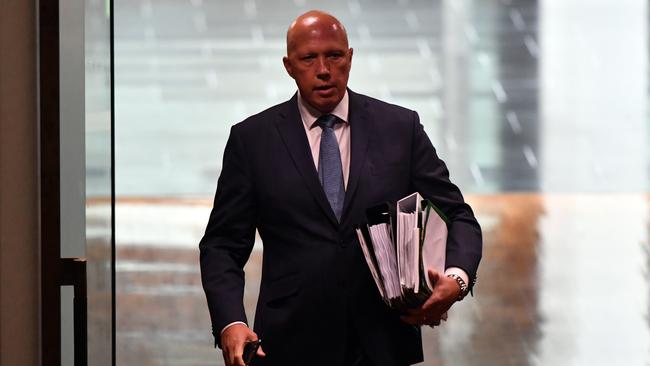
Of course, we have to be watchful of the distance between announcement and delivery. But the government is proceeding with real urgency. That is fantastic, for nothing has been more lacking in defence over the past 15 years than urgency.
Peter Dutton has a chance to be a significant defence minister after a long trail of spectacularly unimpressive defence minister performances. Since Kevin Rudd’s election in 2007 we have had as defence minister Joel Fitzgibbon, John Faulkner, Stephen Smith, David Johnston, Kevin Andrews, Marise Payne, Christopher Pyne, Linda Reynolds and now Dutton.
Poor fellow, my country. That’s nine defence ministers in 14 years. That’s nuts.
Some of those ministers were capable but were in the job for only five minutes. Defence policy was at its worst under Rudd and Julia Gillard. Defence spending fell to its all-time historic low, not a single Australian ship was commissioned and nothing was done towards getting new submarines.
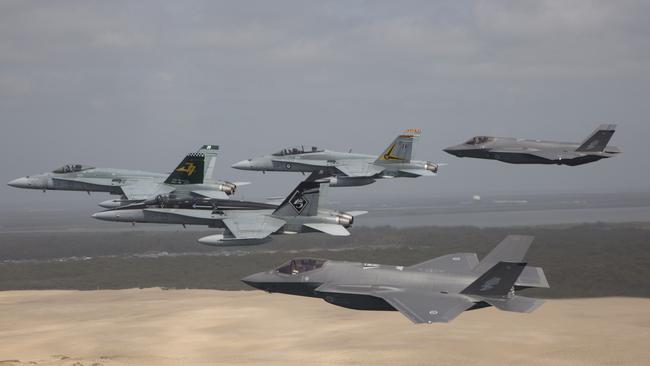
Tony Abbott’s biggest single mistake was appointing Johnston as defence minister, just as Morrison’s biggest mistake was appointing Reynolds. Both of them good people, neither was remotely up to the job. Their political failures became policy failures. Importantly, neither had any capacity to draw a national debate, or a defence program, back to order if it went awry.
To appoint such ineffective people to such a critically important position reflects poorly on the prime ministers who made those appointments.
Still, the past is a foreign country and, as Lenin had it, the only question that counts is: what is to be done?
Should Morrison win re-election it would be a good thing for the nation if Dutton settled in to defence for at least another full parliamentary term. Defence could certainly do with a strong minister who stayed in place for several years.
But that is long term. Dutton has at most 14 months before the next election and there are big things he needs to accomplish. He must increase Australia’s strategic weight, our ability to hit any potential enemy and to keep it at a distance, and our ability to support the US militarily if necessary in this region.
He must increase our national resilience, our ability to withstand shocks, to secure supply chains, to prevail in any emergency. And he must explain to the Australian people why the government is doing what it is doing.
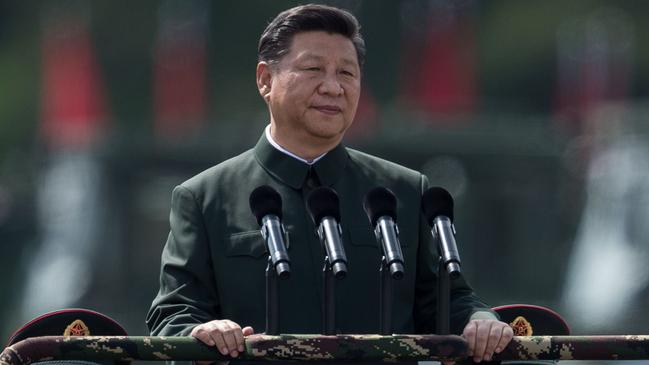
The new domestic missile industry makes a contribution to all those tasks. It’s a very good move. It increases our resilience because we will have an independent supply of combat missiles, and we can produce enough of them to have some survivability through conflict.
It increases our strike power because missiles allow strikes at long range. And, because it involves the most intimate co-operation with the US on some of the most complex and sensitive of military technology, it significantly enhances the US-Australia alliance.
The US administration under Joe Biden has committed to this co-operation but there could still be resistance within the US system. There may well be a few congressmen who decide finally the only thing that matters is that a missile produced in Australia is a missile not produced in America. The whole Australian system — our embassy in Washington, all our officials, our political leaders — must all work together to progress this initiative as quickly as possible.
Incidentally, building a national manufacturing industry, indeed building a whole national economy, off the back of a hi-tech defence effort is by no means impossible. Just look at Israel.
Dutton has several other big tasks. Redefining the submarine project in the public eye is one of them. Both Reynolds and Payne abjectly failed to explain the rationale for submarines generally or the benefits of the French subs specifically.
This astounding dereliction by a conservative government created a vacuum that has been substantially filled by nuts, cranks and a variety people of goodwill with no knowledge.
This is desperately damaging for the national interest. Our most important and biggest military program lacks public credibility. The real worry now is that the public perception, wholly wrongly, has become so toxic that it cannot be readily changed.
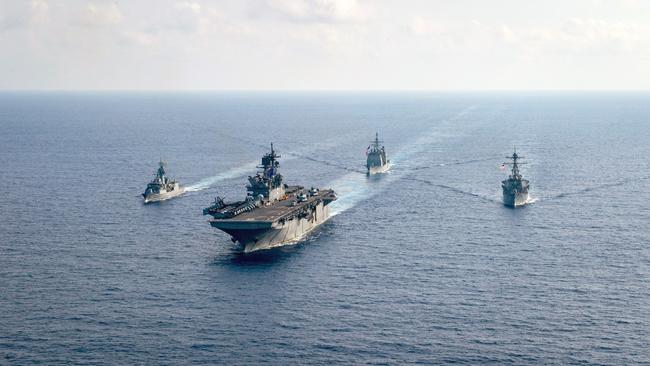
This could even mean that the government itself finds it more attractive to have public arguments with the French company, Naval Group, over price, schedule, Australian content, whatever, than to make any constructive argument about subs themselves.
Inevitably the government needs to do a bit of that, which is forever part of the argy-bargy of new defence capabilities, but it must also lay out why we need subs and what they can do.
If there are things we can do to enhance our submarine capability in the meantime — Collins upgrades, unmanned underwater vehicles, our own anti-submarine capabilities — the government should make a song and dance about them. Maybe even try a few capability decisions — Tomahawk missiles? — that might test Labor politically.
Dutton needs to make the Defence establishment hurry up. Lacking effective ministers for the past 15 years, Defence has got into the habit of working at its own leisurely pace. The individuals are not lazy. But the organisation is preposterously slow.
Generals might tend to fight the last war. Bureaucrats and certain types of military planners are always dreaming of technology two generations away because they have no sense at all that they could face a crisis tomorrow.
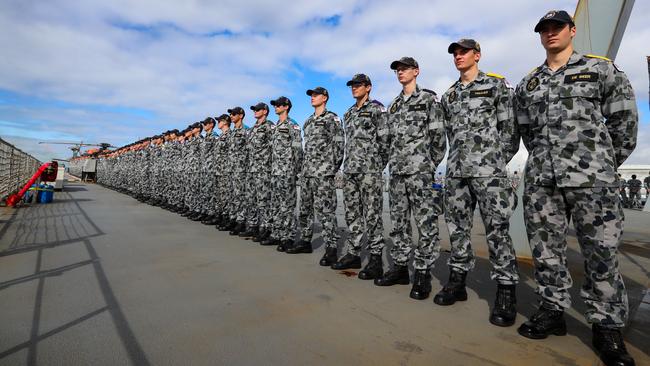
A campaign almost as silly as that waged against the subs is being waged against the Joint Strike Fighters. Dutton needs to take up the public advocacy himself, and also license his ministerial colleagues, Melissa Price and Andrew Hastie, to become strategic advocates for our big capabilities as well as merely repeating the talking points for their specific responsibilities.
He should encourage senior uniformed people to argue more for our capabilities. Often a journalist can find out more about Australian kit in the US than they can in Australia.
The future frigates program needs a lot of work and maybe we were wrong to put so much emphasis on our allied relationship with the Brits, whose frigate was not completed when we bought it, and should have looked to the Italian frigate that has since been bought by the Americans. It’s too late to revisit that decision. The frigates have got to be fixed and brought online as soon as possible.
No tasks are now more important than those in Defence. They need urgency, competence and advocacy. Go to it, minister.


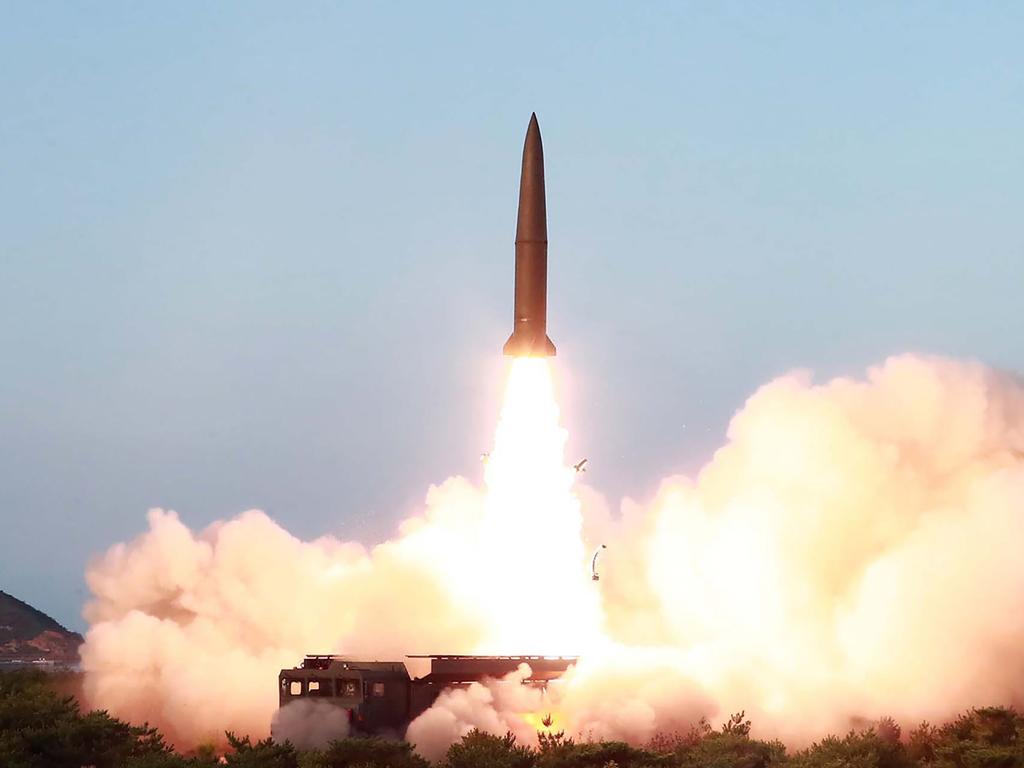

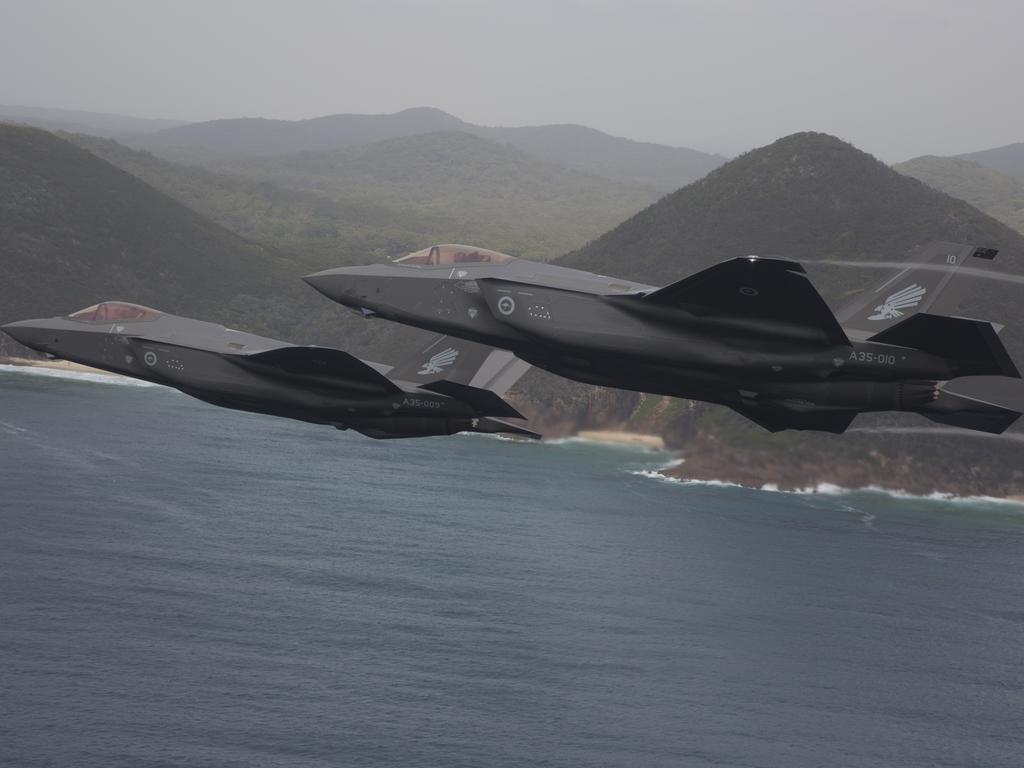
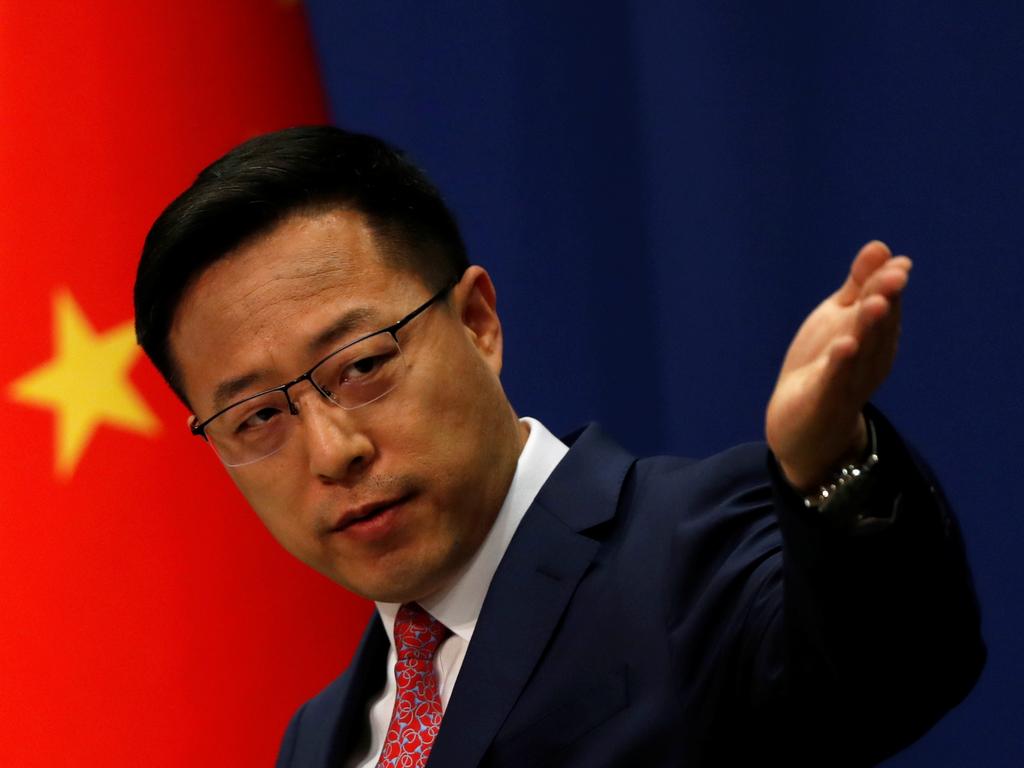


The Morrison government’s decision to establish a missile manufacturing industry is one of our nation’s most important strategic decisions in decades.